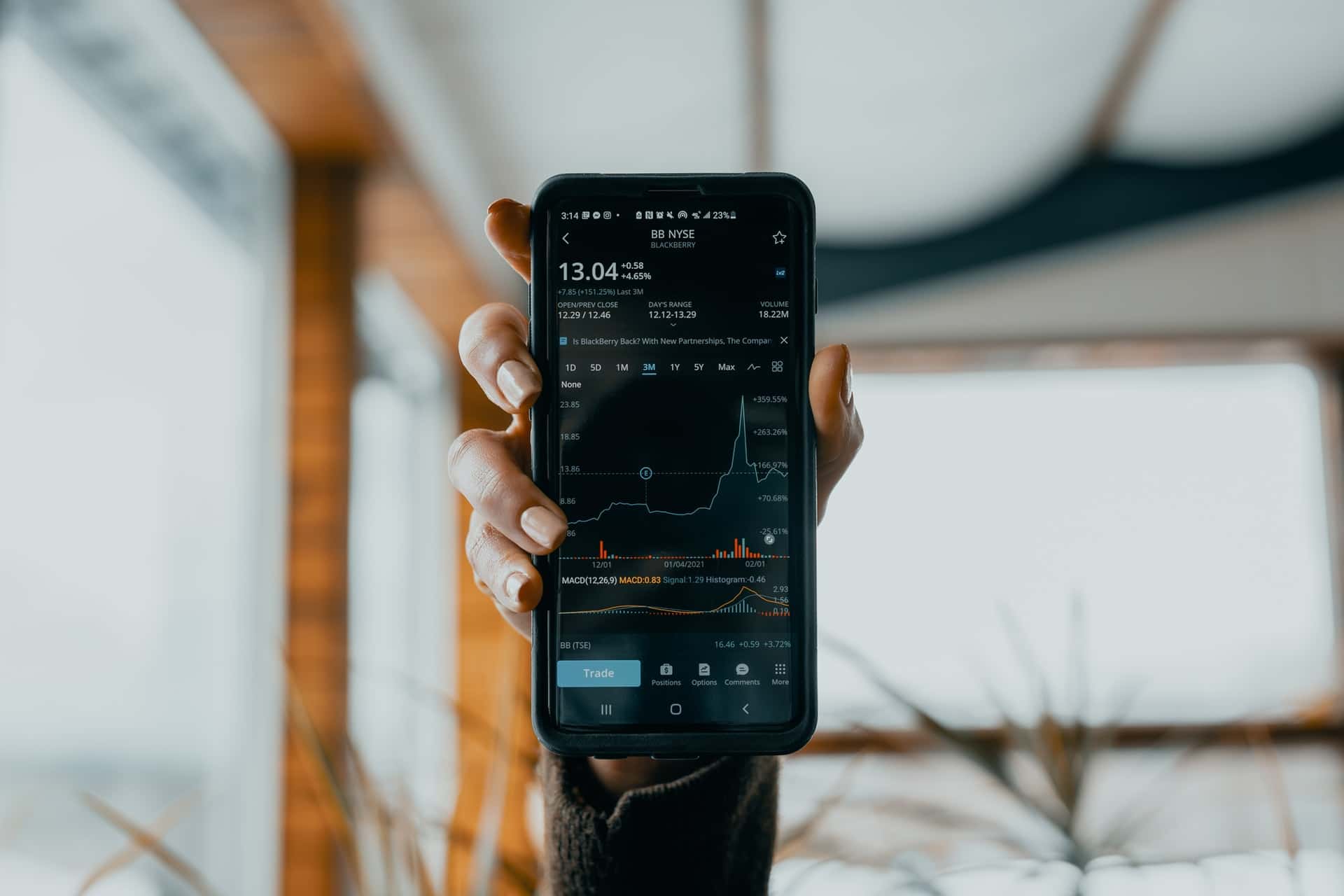If you’re new to investing, you might be wondering why people invest in the first place. Why take the risk? Why not just save your money?
There are two main reasons why people invest: compound interest and inflation. Here, we’ll explain how these can help and hinder the growth of your money to help you make smarter financial decisions.
Reason #1 why we invest: Compound interest
When it comes to investing, compound interest means earning interest on money that was previously earned as interest. When this happens, your money can grow exponentially over time. It means small amounts invested over a long period of time can end up becoming large amounts.
This is known as the ‘snowballing’ effect. When you push a snowball down a hill, it starts off small. But it gets bigger as more snow it adds to it as it rolls – it compounds. It’s a useful metaphor for what compound interest can do to your money.
How does it work in practice?
Let’s say you’ve invested £100 and earned £5 in interest in month one. In month two, you’ll be accruing interest on £105 instead of the £100 you initially deposited, so you’ll receive a greater sum.
The real power of compound interest happens if you invest over a long period of time.
Imagine you invested £10,000 into your pension pot, and the markets grew by 7%. If you’d put that money in at the age of 30, it would be worth £81,451 when you hit your 60th birthday.
If you’d waited until you were 40 years old – just ten years later – you’d miss out on nearly half of that potential money. You’d earn only £41,406. It’s still a great return, but investing earlier would have been much better.
This is illustrated by the graph below.
Graph showing investments over time based on a 7% return
How frequently the interest is compounded will also have an effect on your investments. If your investments compound their interest monthly or quarterly, this will have a bigger (and more positive) impact on your money than if it’s just added on at the end of the year.
Reason #2 why we invest: Inflation
Imagine you had £10,000. Where would you put it? If you kept it in cash under your mattress, in 10 years time you’d still have £10,000. However, you wouldn’t be able to buy as much with it. This is the impact of inflation.
Inflation is when the cost of goods and services increases over time, causing the spending power of your money to decrease. It’s why our parents could buy a house for £60,000, but we’re forced to cough up hundreds of thousands of pounds. Or why Freddos used to cost 10p, but have tripled in price since 2005.
In the UK, the government has set the Bank of England an inflation target of 2%. This means they’re aiming for things like food, fuel and clothes to rise 2% in price a year. Our actual inflation rate is currently 2.1%.
How does it work in practice?
Picture your £10,000 again. If you stashed this money under your mattress, and the inflation rate was 2%, the real spending power of your money would seriously decrease over time.
The graph shows how a 2% inflation rate would decrease your spending power over 25 years.

In order to balance out the impact of a 2% inflation rate, you’d need to put it somewhere where it can also grow by 2% – you’d need an account with a 2% interest rate.
The graph below shows the impact a 2% interest rate would have on your £10,000 over 25 years. This is the money you’d see stacking up in your account.

Over time, if inflation stayed at 2% interest rates were also at 2%, then the two would cancel each other out.
This is shown on the graph below, showing the real spending power of your money staying at £10,000 over 25 years.

The problem today is that the interest rate for cash savings accounts is at a historic low (around 0.19% for an easy access account), much lower than the rate of inflation. This means that over the long term, the value of your savings will decrease.
Why does this matter?
This doesn’t matter so much for short-term goals (less than 3 years), or for your emergency fund. It makes sense to keep this money in a cash savings account, as you need them to be easily accessible and you don’t want to risk them losing money in the stock market right when you need them.
However, if you want to grow it over the long term, the impact of inflation could seriously affect the spending power of your money.
This is why when saving for the long term, many people choose to invest. Over long periods of time, the stock market generally outperforms cash savings, meaning your money grows in real terms.
The bottom line is, we invest to make sure that our money is growing faster than the prices of goods and services we’ll want to buy with it one day. If you don’t factor inflation into your financial decisions, you could find it takes a big chunk out of your money over the years.
If you do decide to invest, remember your capital is at risk.












